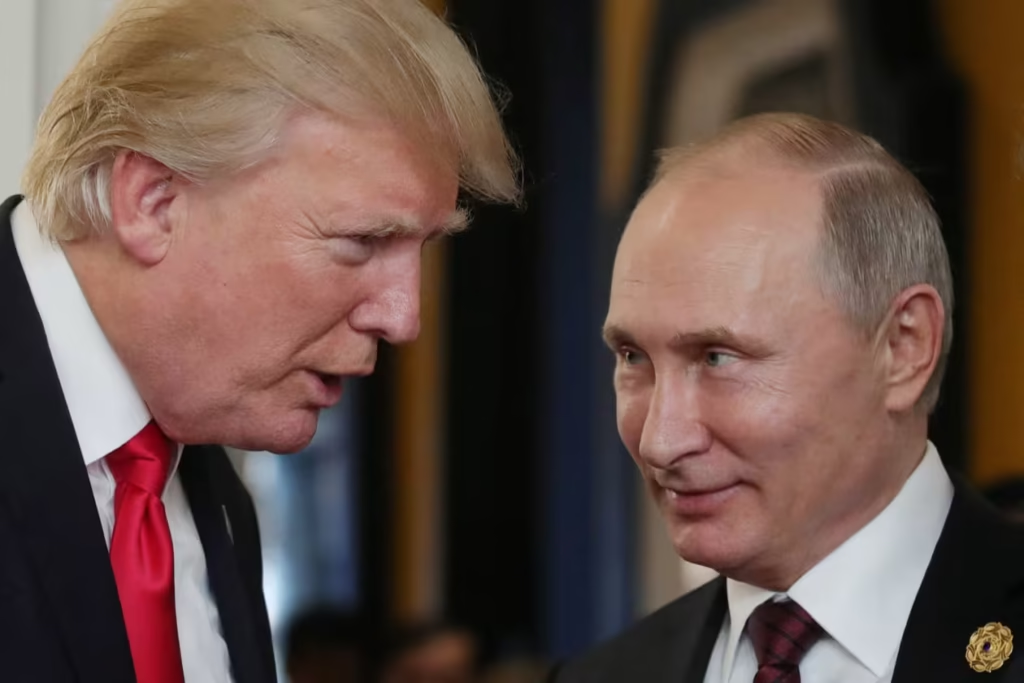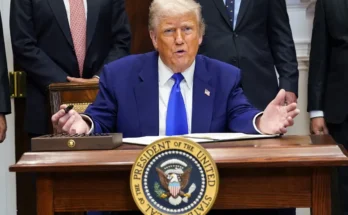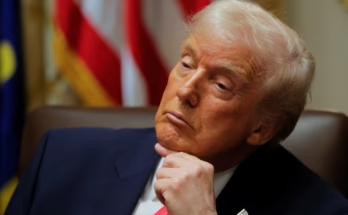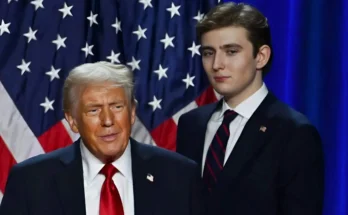In a rare and striking moment, Russian President Vladimir Putin stepped outside his usual linguistic comfort zone and addressed the world in English. The footage, which resurfaced recently, shows Putin speaking directly—without an interpreter—during Russia’s bid to host the 2020 World Expo in Yekaterinburg. It’s a moment that startled many, not just for its novelty, but for its symbolic weight: a personal plea from a man who typically cloaks his diplomacy in Russian.
Though Putin is fluent in German from his KGB days in East Germany, and reportedly “understands English completely,” he rarely uses it publicly. Kremlin spokesperson Dmitry Peskov once confirmed that Putin even corrects his translators. Yet the Russian leader has long preferred his native tongue in official settings, citing the need for precision and clarity during high-stakes negotiations. “In Russian, thank God, I get by in German and I can express myself more or less in English,” he once said.
This linguistic shift wasn’t just a novelty—it was strategic. Speaking English allowed Putin to bypass the usual diplomatic filters and appeal directly to an international audience. But while the world focused on his language skills, tensions behind the scenes were escalating.
💣 Medvedev’s Counterpoint: No Peace, No Compromise
At the same time, Dmitry Medvedev—Putin’s close ally and deputy chairman of Russia’s Security Council—was delivering a stark message that crushed hopes for peace. In response to Donald Trump’s proposed Ukraine peace talks, Medvedev declared that Russia wasn’t interested in compromise. “The Istanbul talks are not for striking a compromise peace on someone else’s delusional terms,” he wrote on Telegram. “They’re for ensuring our swift victory and the complete destruction of the neo-Nazi regime.”
Russia’s demands remain uncompromising: more Ukrainian territory, a neutral Ukraine, military restrictions, and new elections in Kyiv. Even after agreeing to a prisoner swap and the exchange of 12,000 fallen soldiers, the two sides failed to reach a ceasefire—despite Ukraine’s acceptance.
Medvedev’s final warning was chilling: “Retribution is inevitable. Our Army is pushing forward and will continue to advance.”
🧩 A Moment of Clarity Amid Chaos
Putin’s English-language plea may have been brief, but it was loaded with intent. It revealed a man who, despite his calculated public persona, knows how to wield language as a tool of influence. Whether it was a gesture of diplomacy or a tactical move to soften Russia’s image, it stood in stark contrast to the hardline rhetoric echoing from Moscow.
In the end, the message was clear: Putin can speak English—but Russia’s actions still speak louder.



